Research
Overview
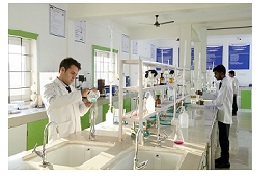
Publications
10 +
Startups
Kalinga University aims to support research by creating a knowledge-sharing mechanism within the University by collaborating with the potential of excellence Universities and R&D institutions. The University has created an IPR cell to put in place intellectual property practices and patents including technology development, its transfer, and commercialization. The university makes innovations in the curriculum by redefining, refining, and restructuring it to make it more inclusive thereby formulating and launching innovative programmes of awareness and outreach. The University has expertise in designing innovative teaching/research programmes in inter-disciplinary, cross-disciplinary areas having a societal impact so as to bridge the gap between rigid boundaries of physical sciences, life sciences, and social sciences.
The University also has an incubation cell to create the necessary linkages between University, relevant local/national industry, research labs/institutions, civil society, and the Government. The designed curriculum of the University ensures sufficient scope for Innovation as the steady refurbishing of Curriculum is done keeping in mind work-environment, exposure to qualitative and challenging work-life, the features and future of development of society, and personhood and the depth of research acumen of well-educated students. The research programs of Kalinga University follow and conduct its programs with a proper transparent code of conduct.
The University thus has a well-defined research policy for the promotion of research among students and staff of the university. To promote research, the University provides ample resources like online study material through DELNET, NPTEL, NDL(National Digital Library), J-Gate(Social Science), JGate(Science and Technology), INSPEC Database of Elsevier and Web of Science The university has also procured SPSS tool for research and Urkund software to check plagiarism in research.
The central instrumentation facilities available in the university are Double beam microprocessor UV-VIS spectrophotometer, HPLC isocratic system, Digital flame photometer, Kjedahl apparatus for nitro generation, biochemistry analyser, digital turbidity meter, Digital Nephelometer, Digital Balance, Gel Electrophoresis horizontal plus power supply, Digital tablet hardener tester, IR Spectrometer, Rotary Tablet machine, Brookfield Viscometer, Digital melting point apparatus etc. The facilities provided by the University and its research policy for students and staff ensures proper implementation and promotion of research in the University.
IPR Cell
Strong IPR system in a country facilitates the development of trade and commerce, both at domestic and international level, and provide an edge in the business over competitors. The Government of India has taken concrete steps to establish favourable milieu for creation and protection of Intellectual Property Rights and strengthening IP administration in the country.
The National IPR Policy was launched by the Government of India on 12th May 2016 which lays down seven objectives including Administration and Management of IPRs. It endeavours to promote stable IP regime in the country and encourages innovation to achieve the country’s industrial and economic development goals. The IPR Cell at Kalinga University extends its initiatives for spreading the awareness about the concepts among academicians, scholars and students for taking steps to implement the objectives of National IPR Policy including strengthening IPR management and ensuring ease of access to IP system for all stakeholders.
IPR Committee
| S.No. | Name of Member | Position |
|---|---|---|
| 1 | Dr. Krushna Dalai, Professor, Department of Law | Head |
| 2 | Dr. K.M Bhandarkar, Professor, Department of Education | Member |
| 3 | Dr. H. K Suhas, Professor, Department of Engineering | Member |
| 4 | Dr. Ali Akbar Babalal Bagwan, Professor, Department of IT | Member |
| 5 | Dr. Shilpi Shrivastava, Associate Professor, Department of Science | Member |
| 6 | Dr. Anand Mahalwar, Associate Professor, Department of Pharmacy | Member |
Research Ethics Committee
| S.No. | Name of Member | Position |
|---|---|---|
| 1 | Dr. R Shridhar | Vice Chancellor and Chairperson of the Commmittee |
| 2 | Dr. Byju John | Director Research and Member Secretary of the Commmittee |
| 3 | Dr. Abhilasha Gaur | Director IQAC |
| 4 | Dr. Sandeep Gandhi | Registrar |
| 5 | Dr. Mani Shankar | Head, Department of Arts & Humanities |
| 6 | Dr. Harsha Patil | Head, Department of Education |
| 7 | Dr. Krushna Chandra Dalai | Head, Department of Law |
| 8 | Mr. Rahul Chawda | Incharge , Department of IT |
| 9 | Dr. Shilpi Shrivastava | Head, Department of Science |
| 10 | Dr. V C Jha | Head, Department of Engineering |
| 11 | Dr. Anand Mahalwar | Head , Department of Pharmacy |
| 12 | Dr. Raj Shekhar | Coordinator , Research Department |
Research Advisory Committee
| S.No. | Name of Member | Position |
|---|---|---|
| 1 | Dr. R Shridhar | Chairperson and Hon. Vice Chancellor (He may nominate his representative) |
| 2 | Dr. Mani Shankar | Head, Department of Arts & Humanities |
| 3 | Dr. Harsha Patil | Head, Department of Education |
| 4 | Dr. Krushna Chandra Dalai | Head, Department of Law |
| 5 | Dr. Ali Akbar Babalal Bagwan | Head, Department of IT |
| 6 | Dr. Shilpi Shrivastava | Head, Department of Science |
| 7 | Dr. Byju John | Member(Professor, Department of Commerce & Management) |
| 8 | Dr. Archana Aloni | Member (Professor, Department of Education) |
| 9 | Dr. Guddi Singh | Member (Asst Professor, Department of IT) |
| 10 | Dr. Shilpi Bhattacharya | Member( Professor , English- Department of Arts & Humanities) |
| 11 | Dr. D.M Sahu | Member (Associate Professor, History- Department of Arts & Humanities) |
| 12 | Dr. Ajay Shukla | Member(Professor , Hindi- Department of Arts & Humanities) |
| 13 | Dr. Vara Prasad Kolla | Member(Professor, Biotechnology- Department of Biotechnology) |
| 14 | Dr. Rajesh Mani Tripathi | Member( Asst Professor- Department of Law |
| 15 | Dr. Y Meerabai | Member(Associate Prof, Library- Department of Science) |
| 16 | Dr. Namrata Shrivastava | Member(Asst Prof, Economics- Department of Arts & Humanities) |
| 17 | Dr. Anita Samal | Member(Professor, Political Science- Department of Arts & Humanities) |
Seed Money
Research and developmental activities create and disseminate new knowledge in range of fields, promotes innovation and these will motivate better learning. Research is the foundation of knowledge that brings new energy, builds state of the art facilities, promotes research publications, develops collaborations and becomes part of active community that shares the mission objectives. Taking these into considerations, Kalinga University Seed Money Policy is made & implemented.
The Purpose of the Seed Money Policy is to create a vibrant atmosphere of research among faculty and researchers in Kalinga University.
Objectives of Seed Money Policy- To create an enabling environment within Kalinga University in order to foster a research.
- Culture as well as provide required support through research framework and guidelines.
- To nurture an environment of undertaking socially useful research with potential for commercialization.
- For creating opportunities for teachers of the University to involve themselves in real life research projects and obtaining sponsorships.
- To aid a faculty to start a research program that has the potential to sustain by attracting funds from external agencies.
- To test a novel idea and to generate preliminary results before submitting proposals to external agencies.
- To promote inter-faculty collaboration in emerging areas.
- To promote generation of IPR and product/process development.
- To attract and retain talent.
The University faculty members are encouraged to submit research proposals based on their innovative ideas. The applicant have to clearly and convincingly demonstrate that the proposed project represents a new research direction in an area likely to generate external funding.
The primary goal of this scheme is to support faculty members in developing research resources in the area of expertise and to develop innovative or interdisciplinary approaches or methodologies. The faculty members who have been appointed to a position of Assistant Professor, Associate Professor and Professor in Kalinga University are encouraged to apply for Seed Money Research Projects/Research Grant. Normally, the Seed Money Research Projects/Research grant shall be limited to Rs. One Lac however, in exceptional cases, it may go up to Rs. Three Lacs with the approval of the Vice-Chancellor.
Process: The applicant has to fill in the details related to the projects along with his/her personal details in the format given in Kalinga University Seed Money Policy and submit the form at the Office of Vice Chancellor, Kalinga University, Raipur after getting signed by concerned HOD and Dean Research.
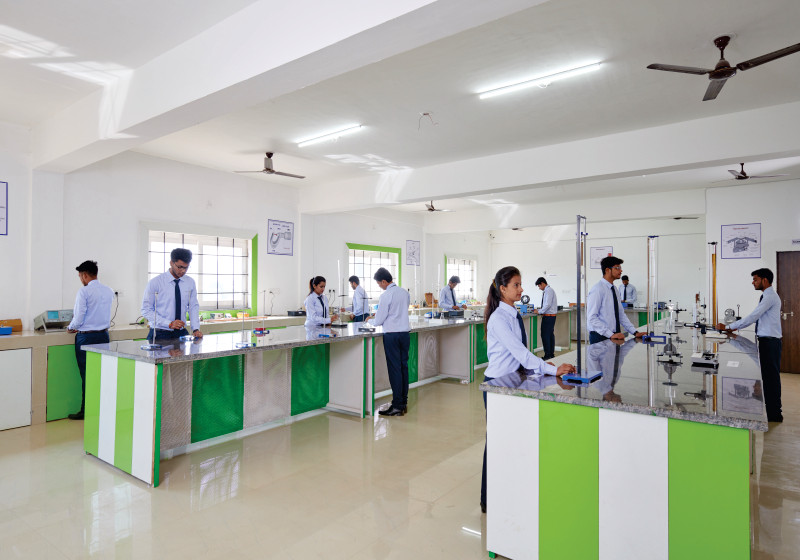
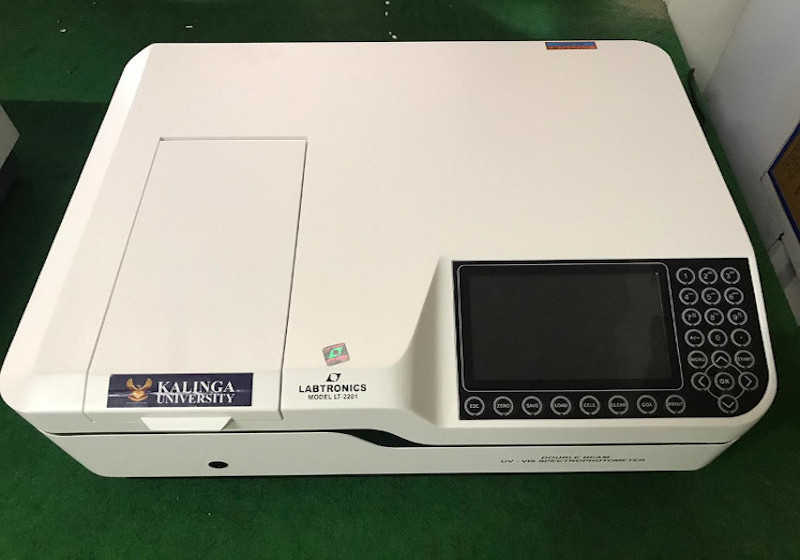
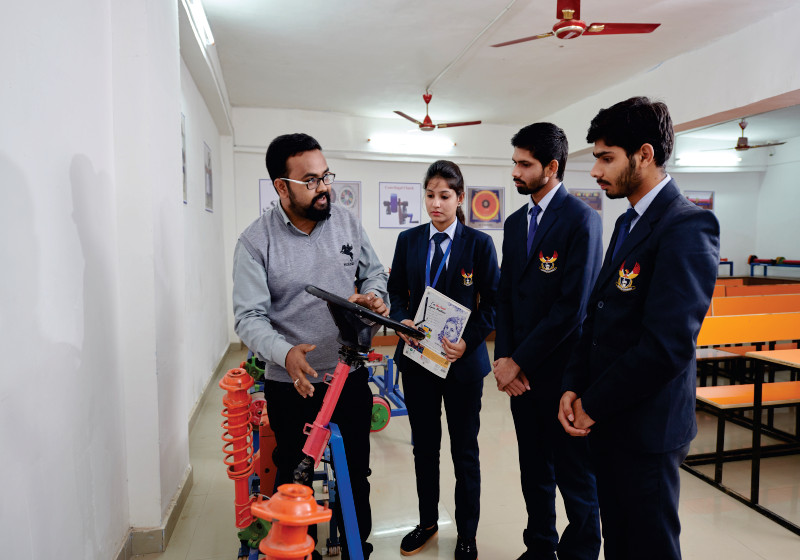
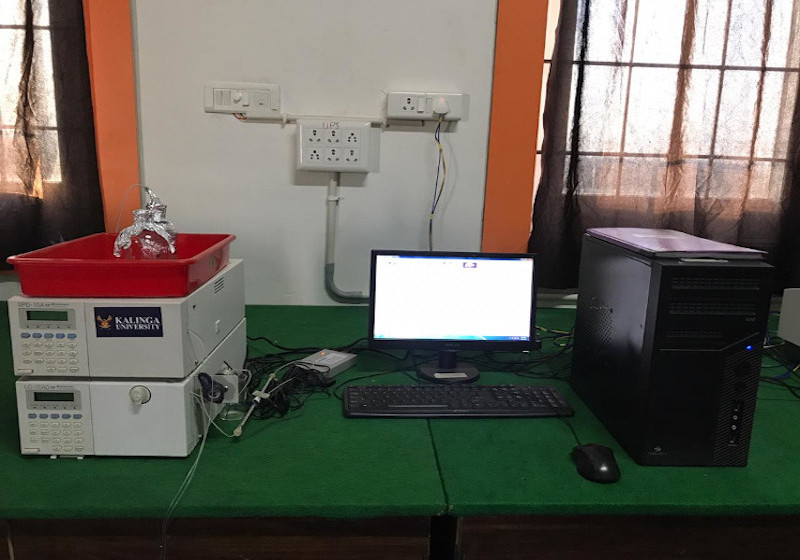
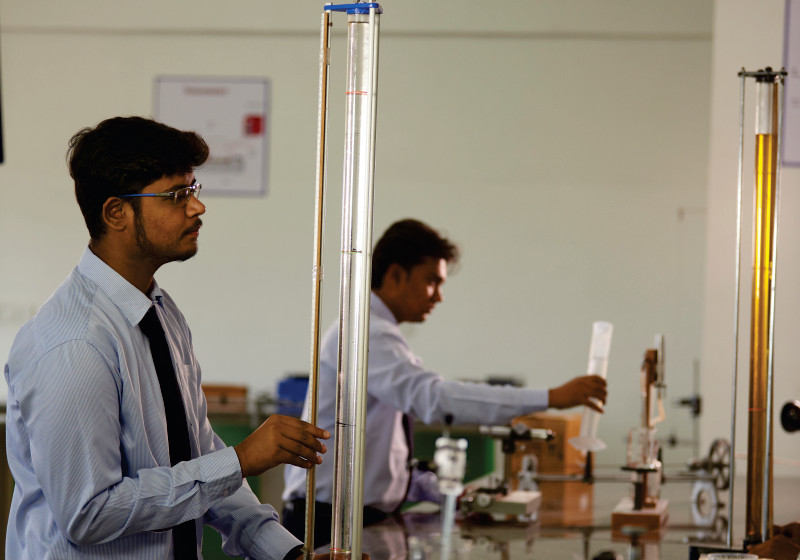
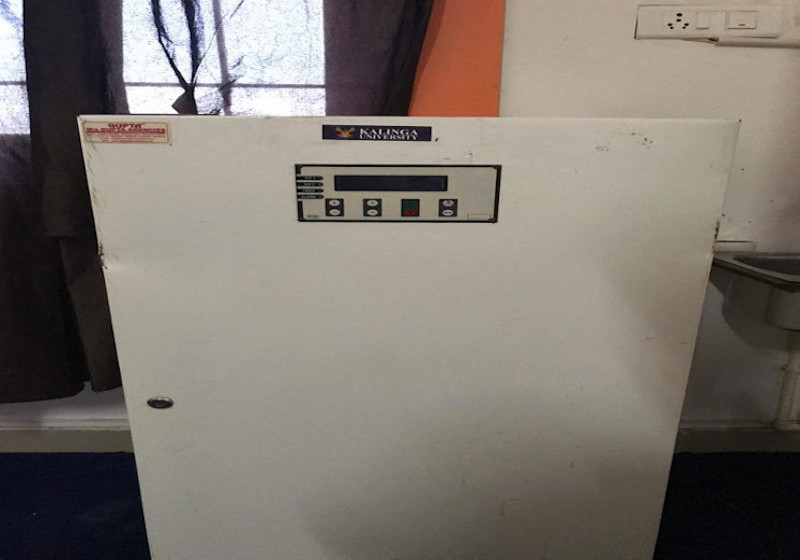
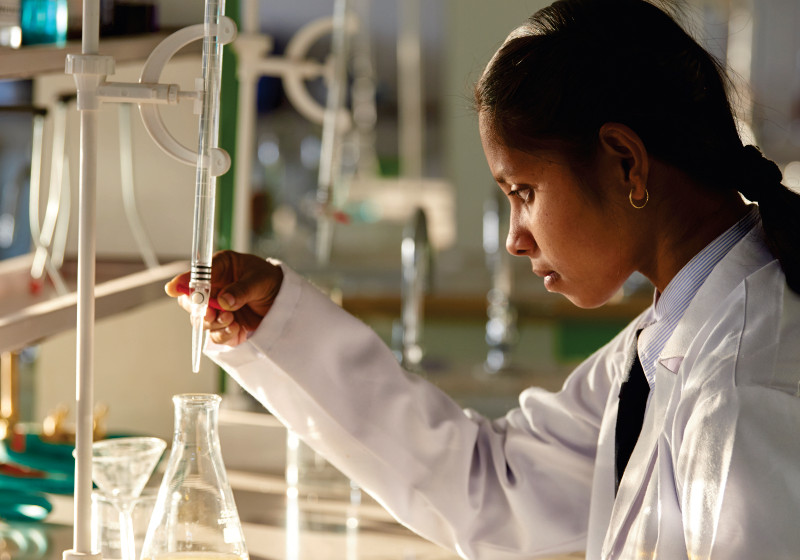
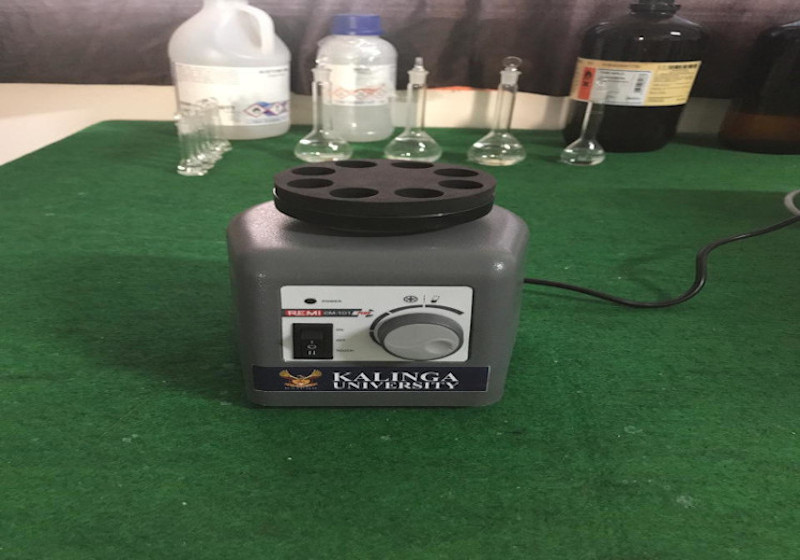
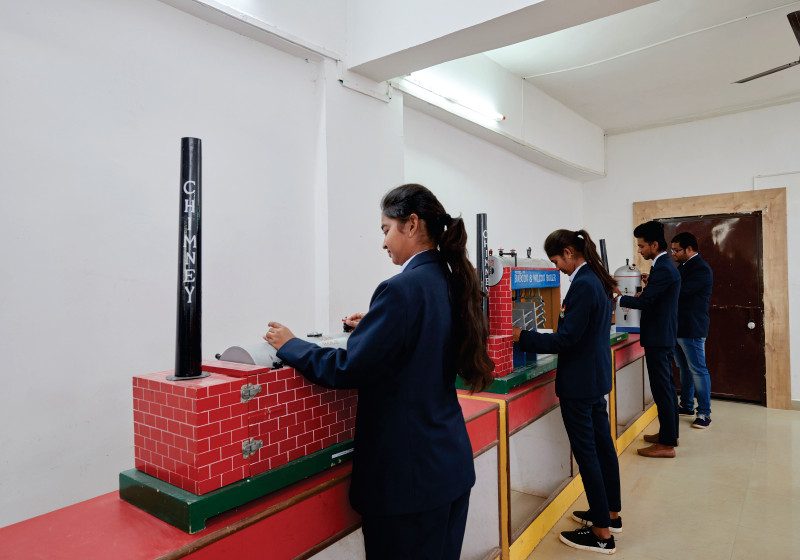
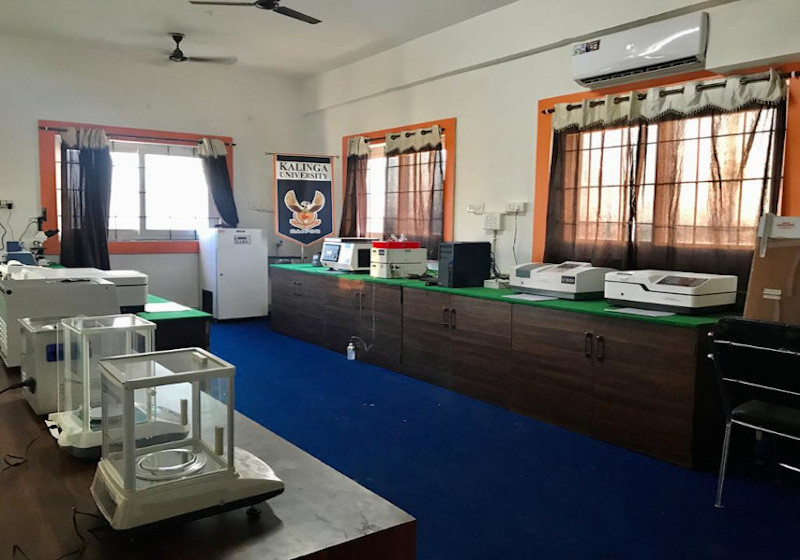
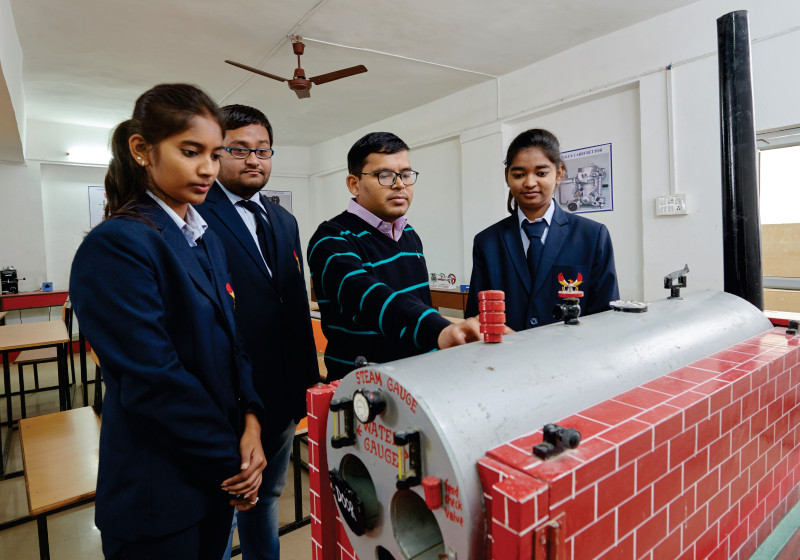
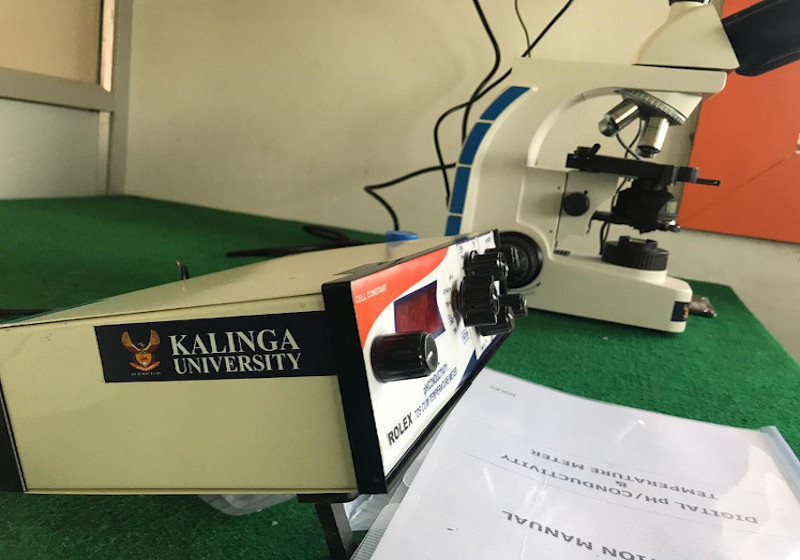
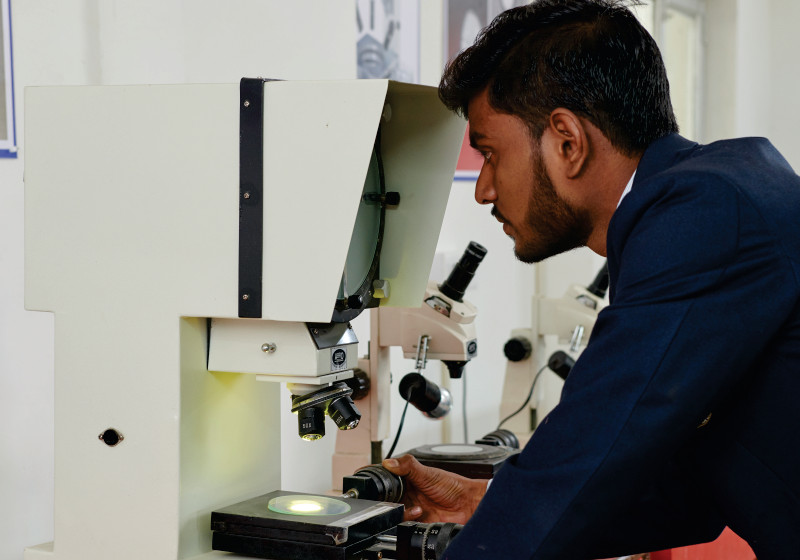
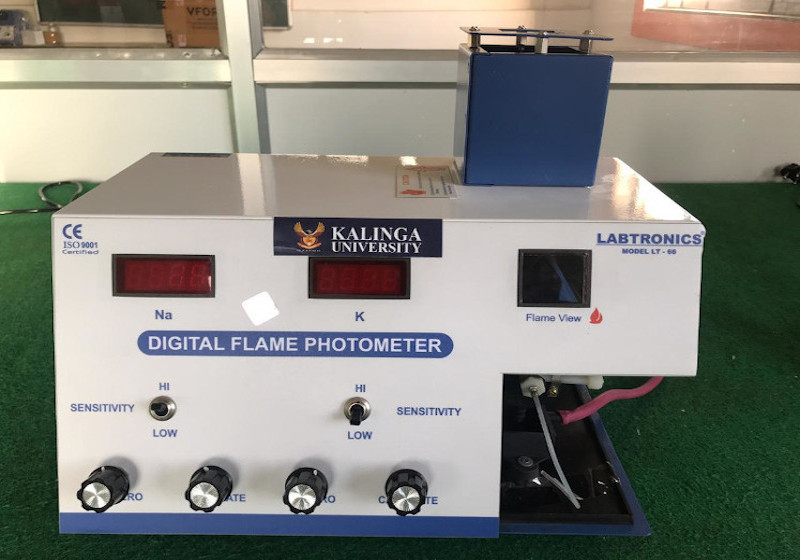
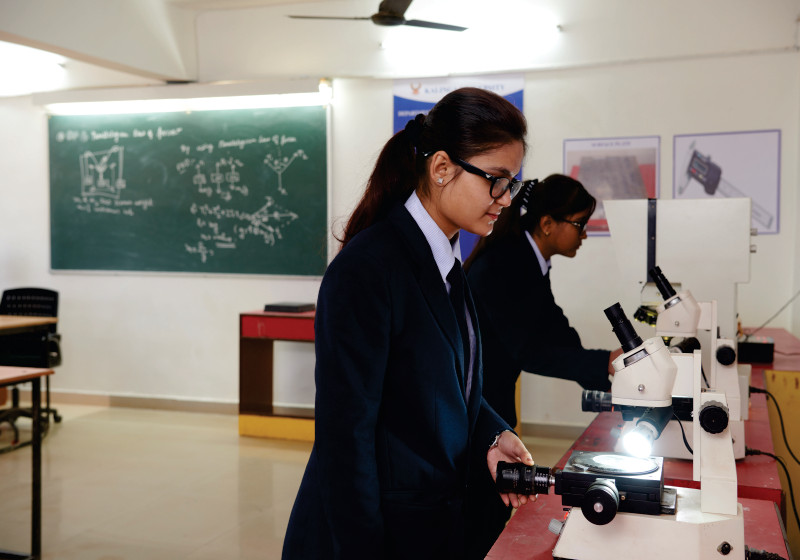
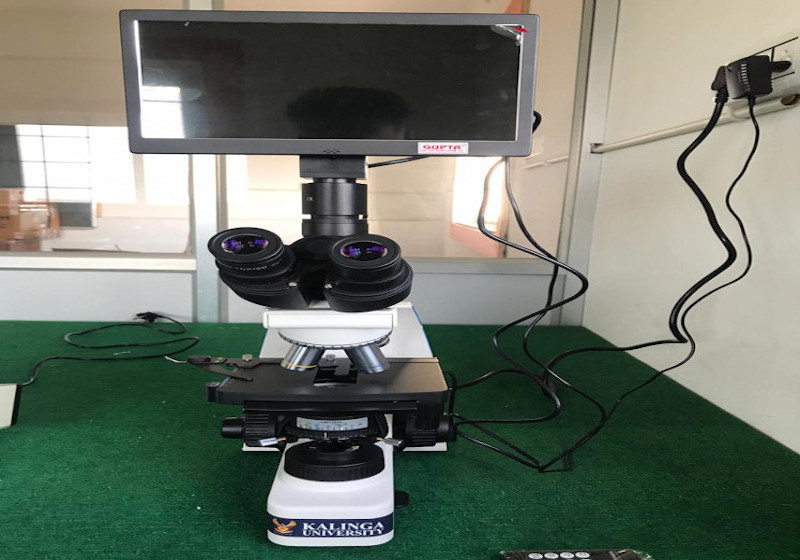
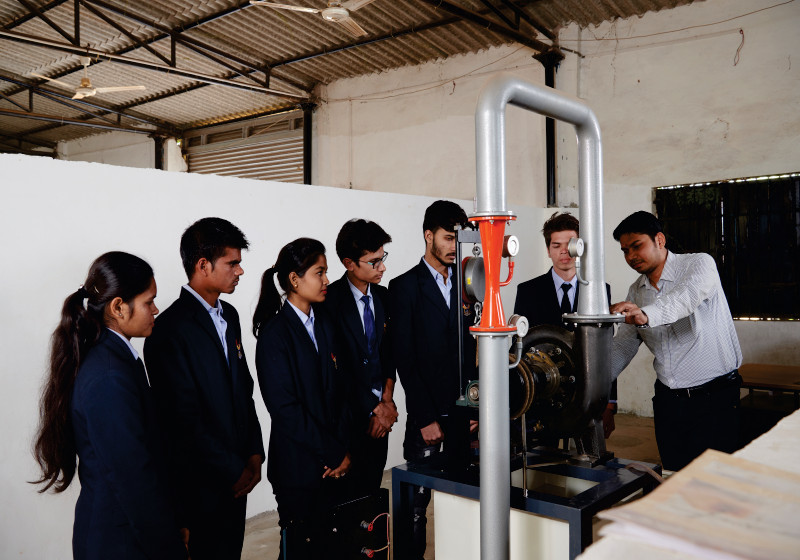
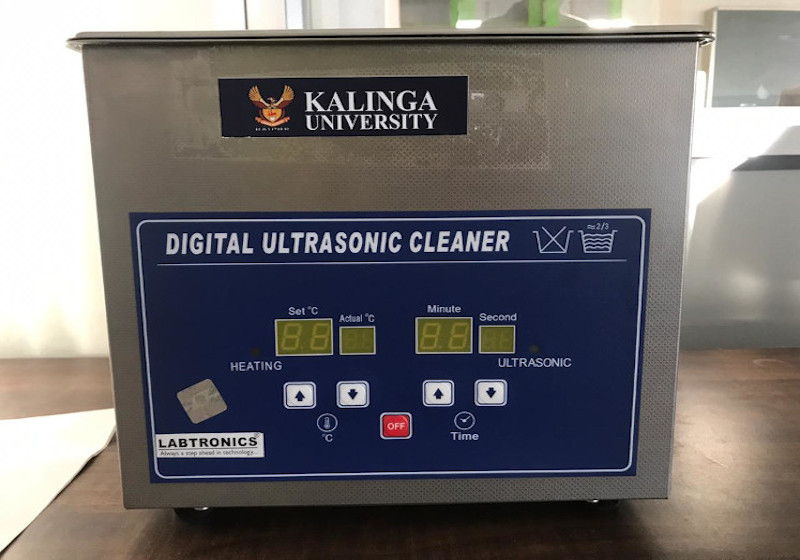
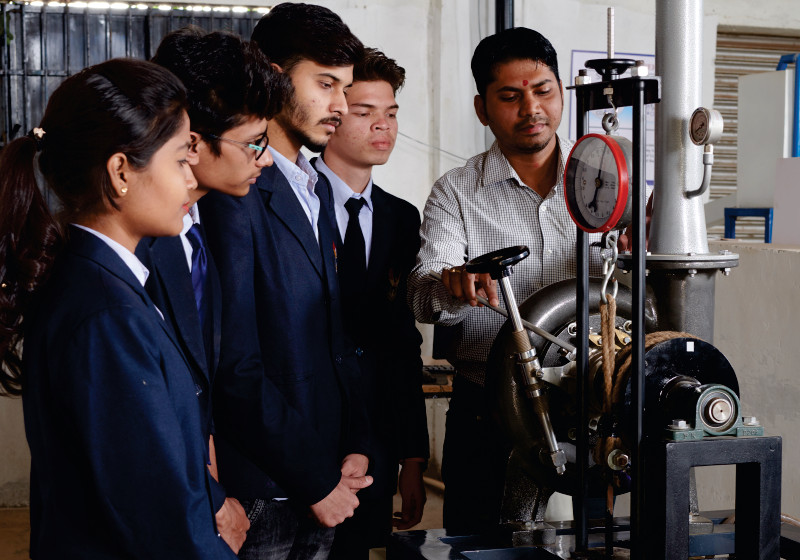
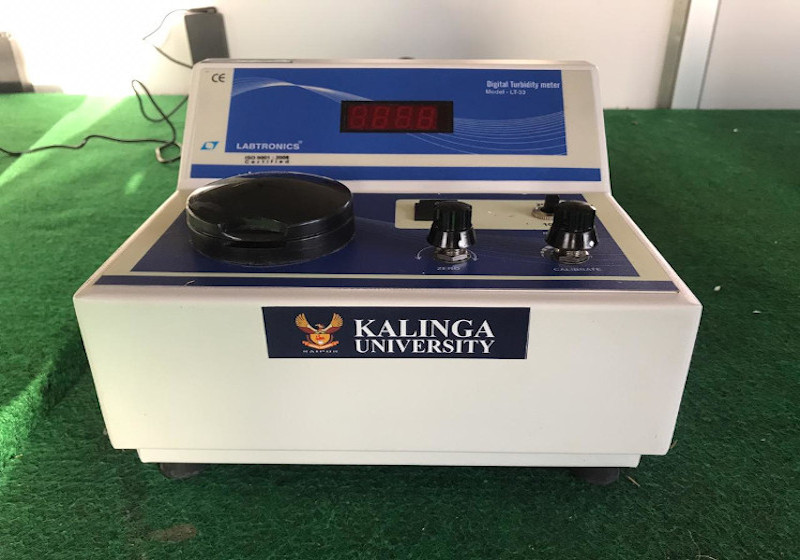
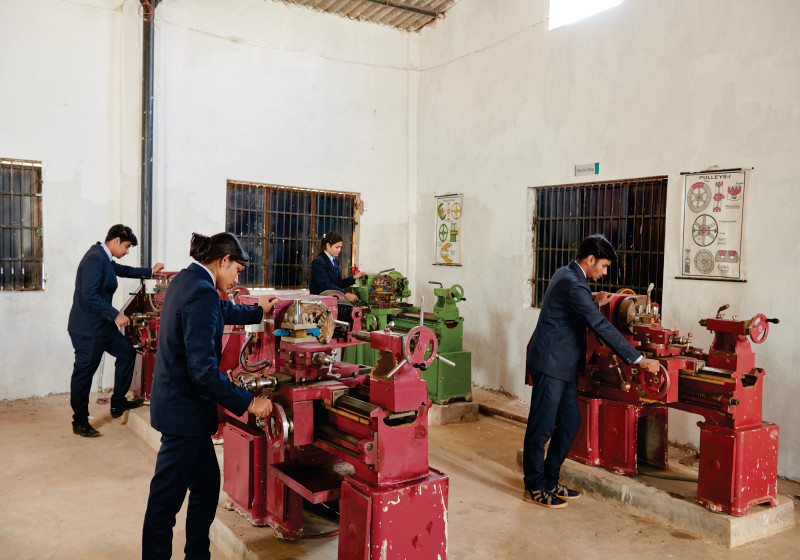
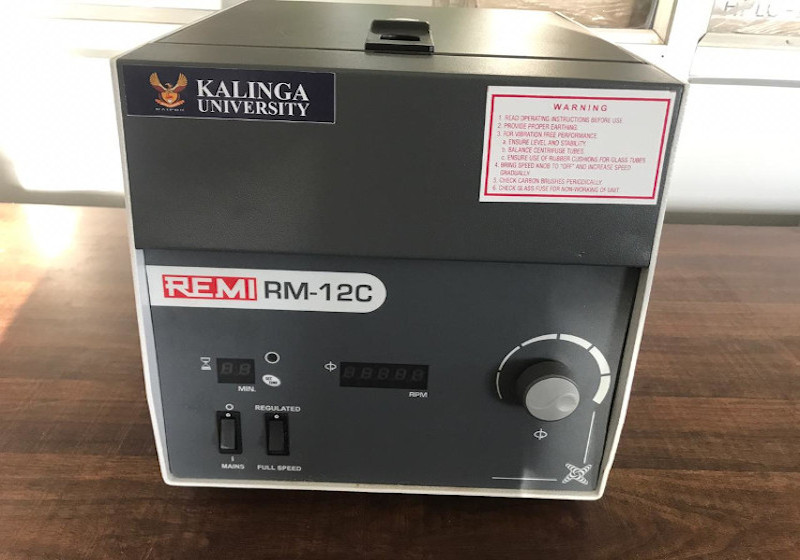
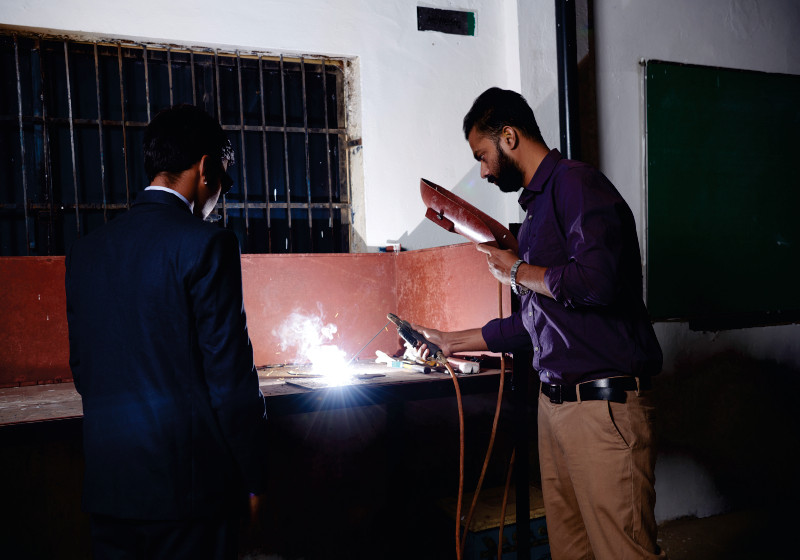
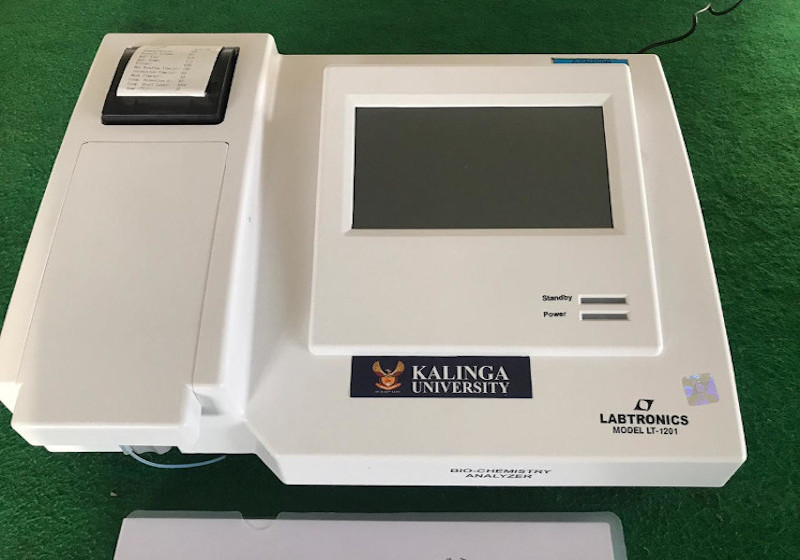
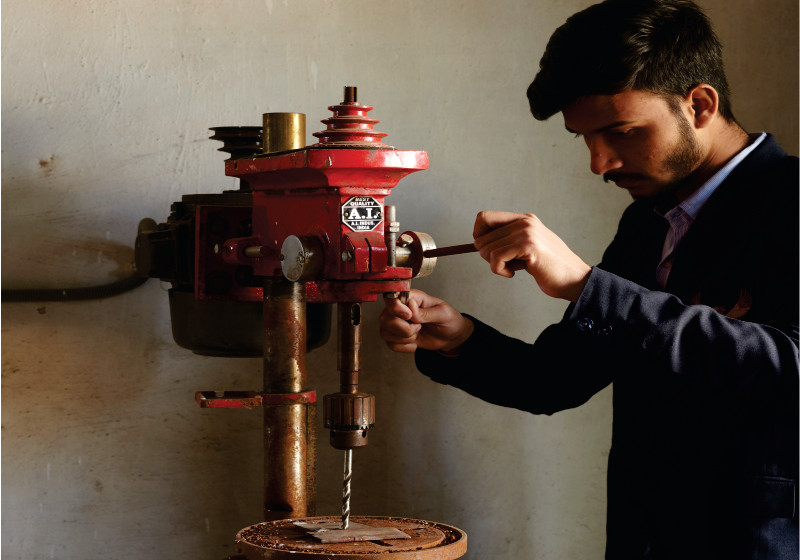
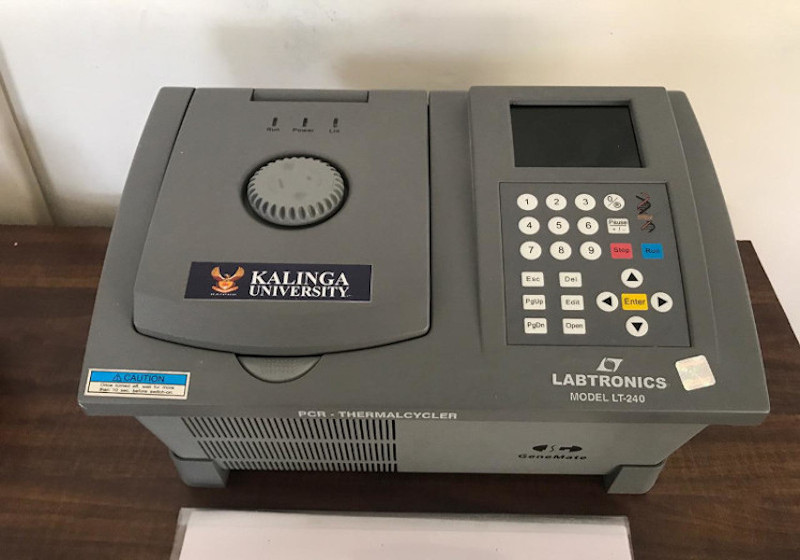
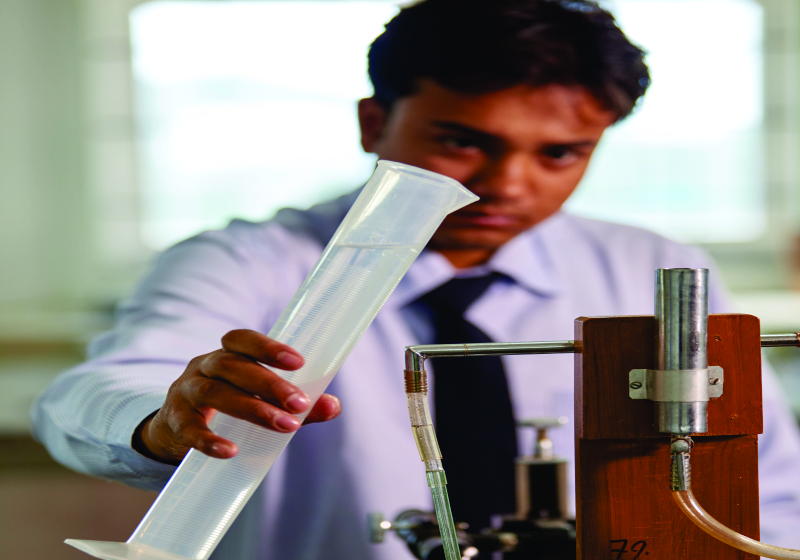
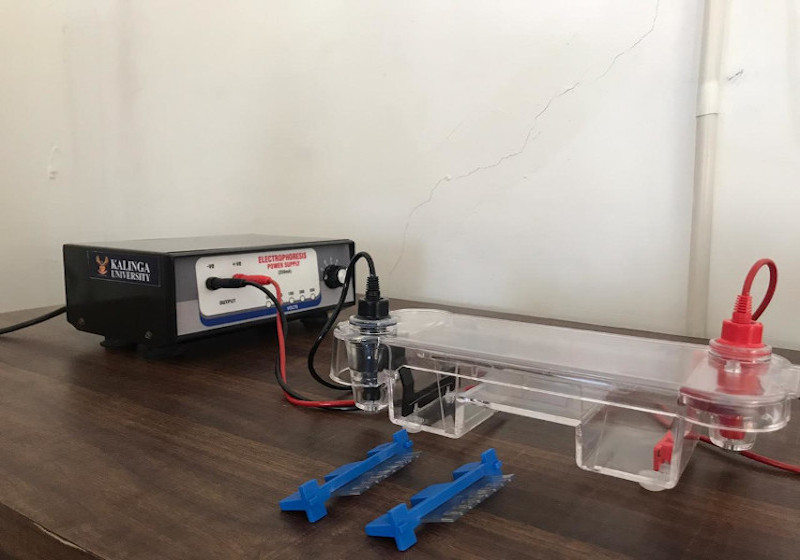
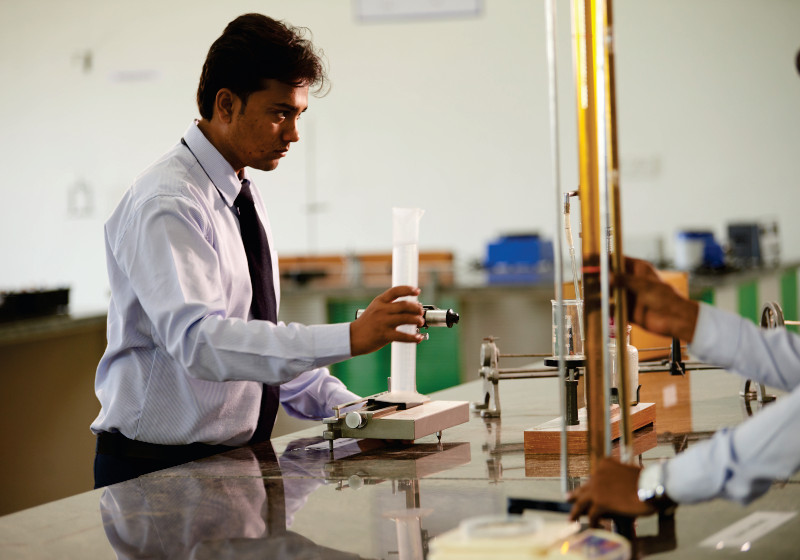
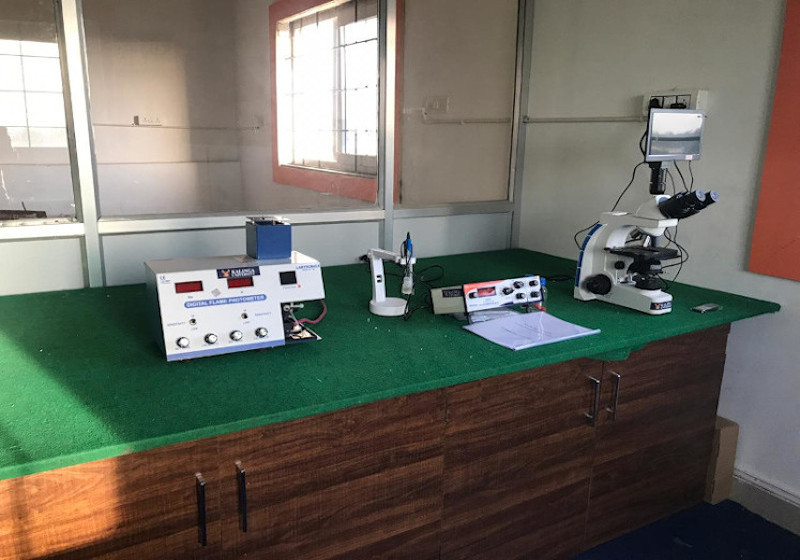
 University Grants Commission
University Grants Commission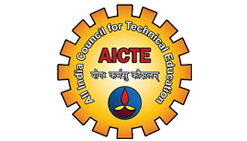 All India Council of Technical Education
All India Council of Technical Education 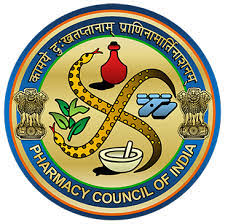 Pharmacy Council of India
Pharmacy Council of India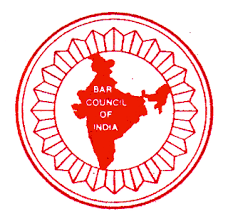 Bar Council of India
Bar Council of India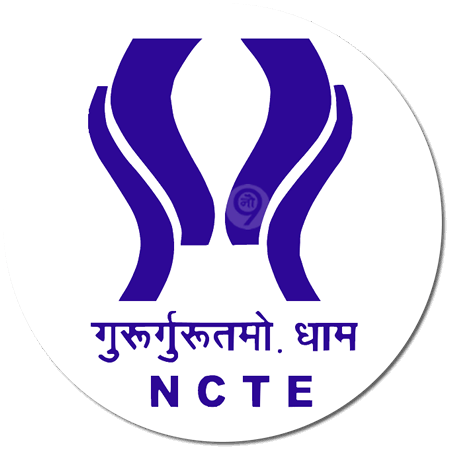 National Council for Teacher Education
National Council for Teacher Education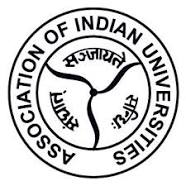 Association of Indian Universities
Association of Indian Universities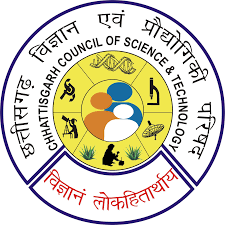 Chhattisgarh Council Of Science And Technology
Chhattisgarh Council Of Science And Technology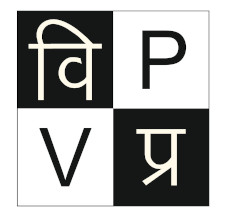 Vigyan Prasar
Vigyan Prasar